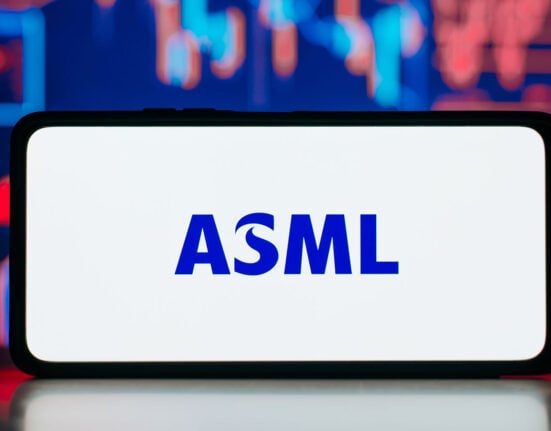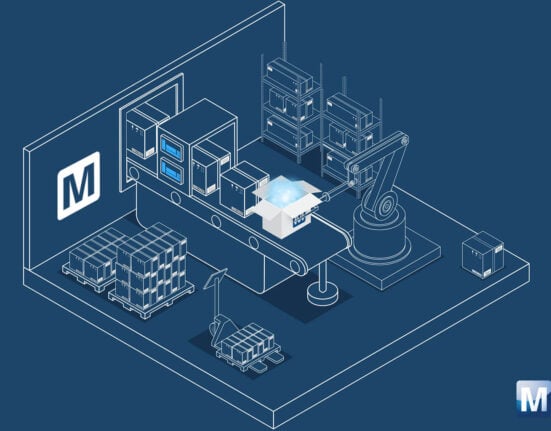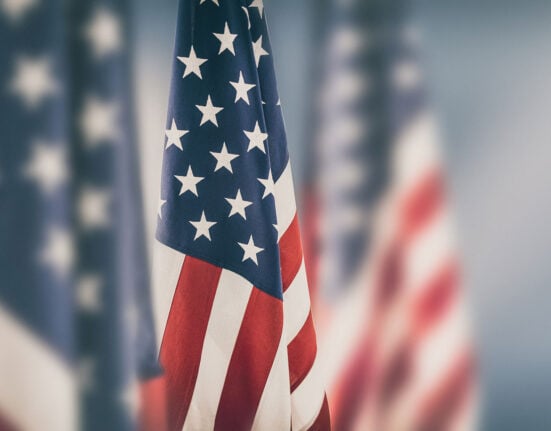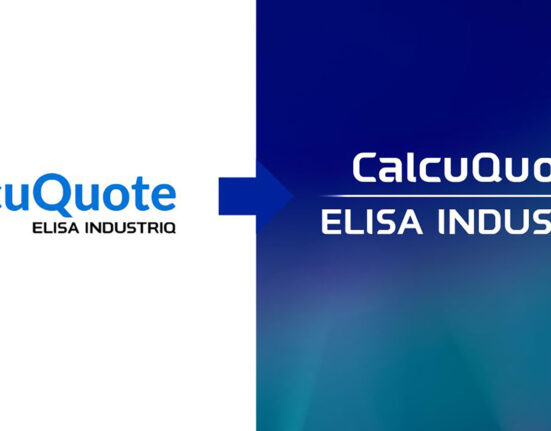Tesla has signed a $16.5 billion deal with Samsung Electronics to produce its next-generation AI6 chips.
This move could revive the South Korean tech firm’s struggling foundry business in Texas, though it is unlikely to accelerate Tesla’s electric vehicle roadmap or the long-promised rollout of robotaxis.
Elon Musk confirmed on 28th July that Samsung’s advanced chip facility in Taylor, Texas would manufacture the AI6 chip, which Tesla plans to use across a wide range of its platforms – from Full Self-Driving (Supervised) software to its Optimus humanoid robot, and even in AI training infrastructure housed in data centres. Musk described the AI6 as Tesla’s “all-in-one” scalable solution for future autonomous and AI applications.
The contract is expected to inject fresh momentum into Samsung’s US-based foundry project, which has experienced setbacks since breaking ground in 2021. Industry sources have attributed these delays to the company’s challenges in securing long-term clients, in contrast to rival TSMC’s steady expansion into North America with anchor customers like Apple and AMD.
The Tesla deal not only gives Samsung a marquee customer for its new US facility, but also signals a broader shift in chip sourcing strategy. Musk revealed that Tesla’s AI5 chip, a predecessor to AI6 designed specifically for Full Self-Driving, had just completed design and would be manufactured initially by TSMC in Taiwan before moving to its Arizona plant. Samsung is already responsible for producing Tesla’s AI4 chip.
While the financial commitment – potentially exceeding $16.5 billion – could bring Samsung closer to breaking even on its US foundry investments, the deal may have limited near-term impact on Tesla’s core business. Analysts have noted that chip supply alone is unlikely to remove the regulatory and software hurdles still delaying the commercialisation of Tesla’s autonomous driving features or its humanoid robotics ambitions.
Still, the partnership strengthens the strategic ties between two giants navigating high-stakes transitions – Tesla in its pursuit of autonomy, and Samsung in its effort to establish a competitive presence in the high-end foundry market dominated by TSMC.








